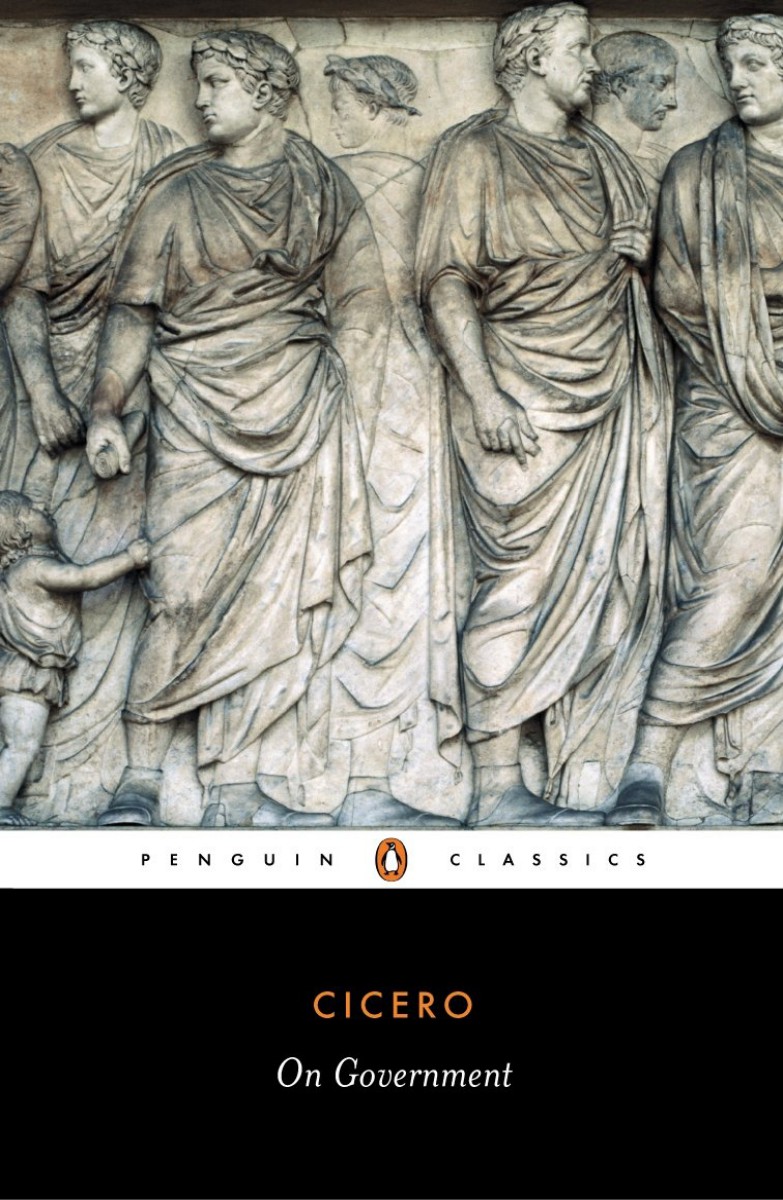
On Government (Penguin Classics) PDF
Preview On Government (Penguin Classics)
Cicero, writes Michael Grant in his Introduction to this superb selection, is 'by far Rome's most enlightening polictical thinker, and perhaps its greatest.'
Marcus Tullius Cicero (106-43 B.C.) was a key figure in the turbulent closing years of the Roman Republic. The principles he expounded, occasionally compromised, and eventually died for, draw on wide practical experience as well as deep knowledge and reflection.
Against Verres sealed the fate of a corrupt provincial governor and made Cicero's reputation; the Philippics, a brilliant series of attack on one-man rule, and on Mark Antony in particular, cost him his life. For Murena and For Balbus, by contrast, are examples of expediency in action. All appear here complete or in extract, along with treatises On Laws and On the State, and the Brutus, a masterly survey of Roman oratory in an era when statesmen were above all public speakers. Such works, suggests Michael Grant, reveal Cicero's pioneering interest in 'the mechanics, tactics and strategies of government'. They also illuminate the perennial issues of politics to this day.
**
